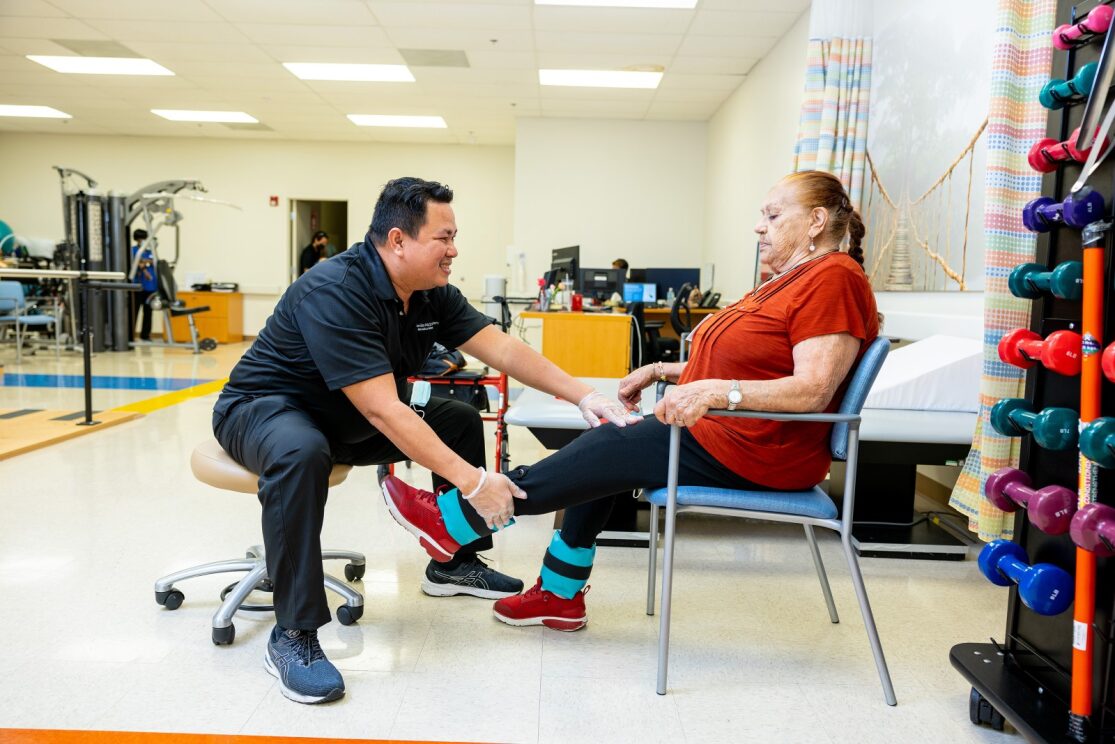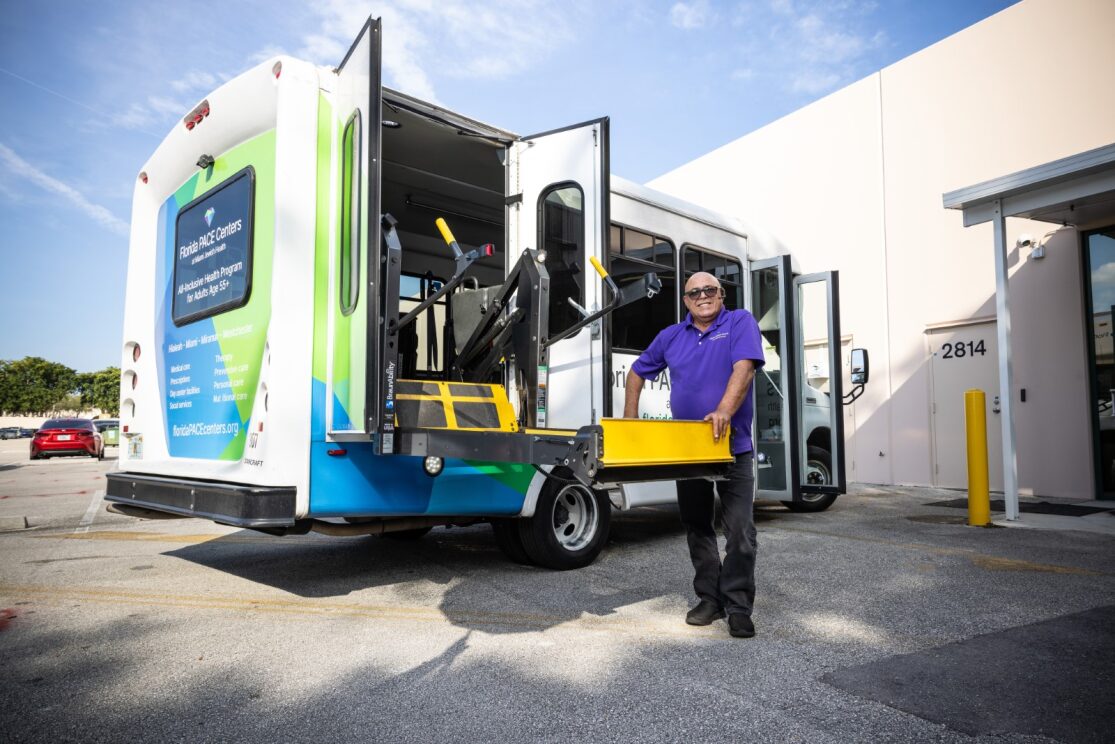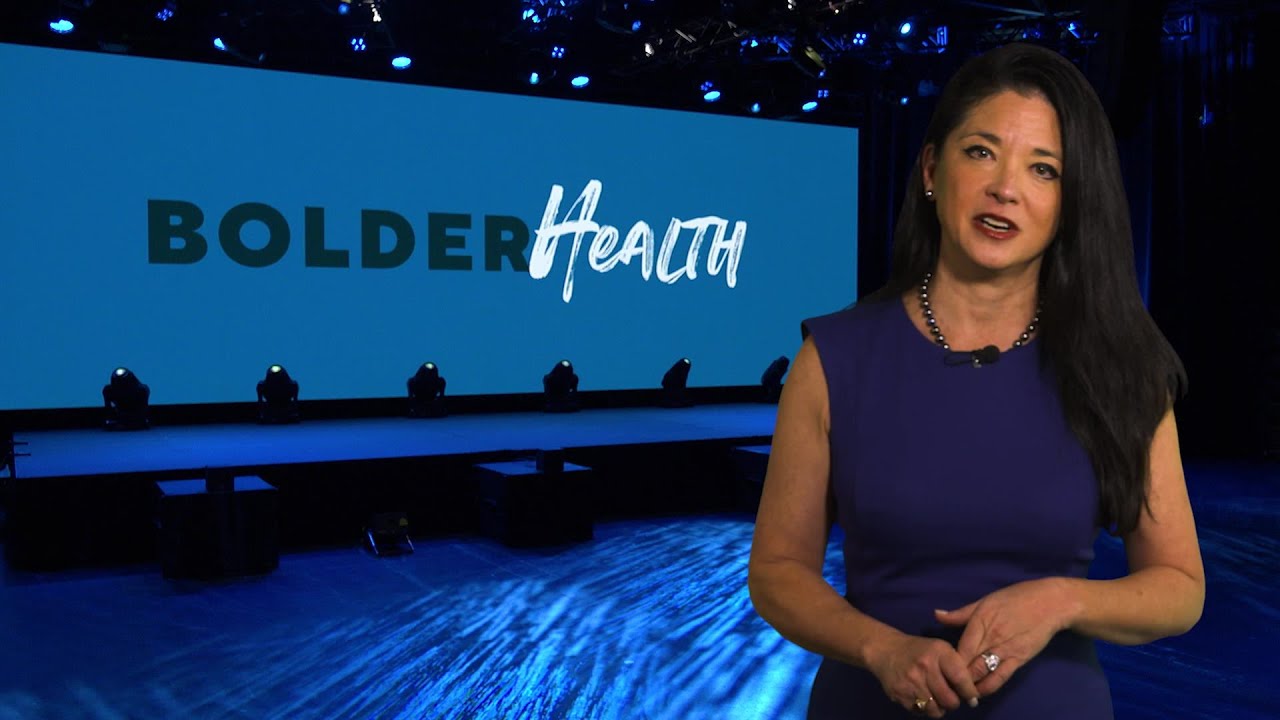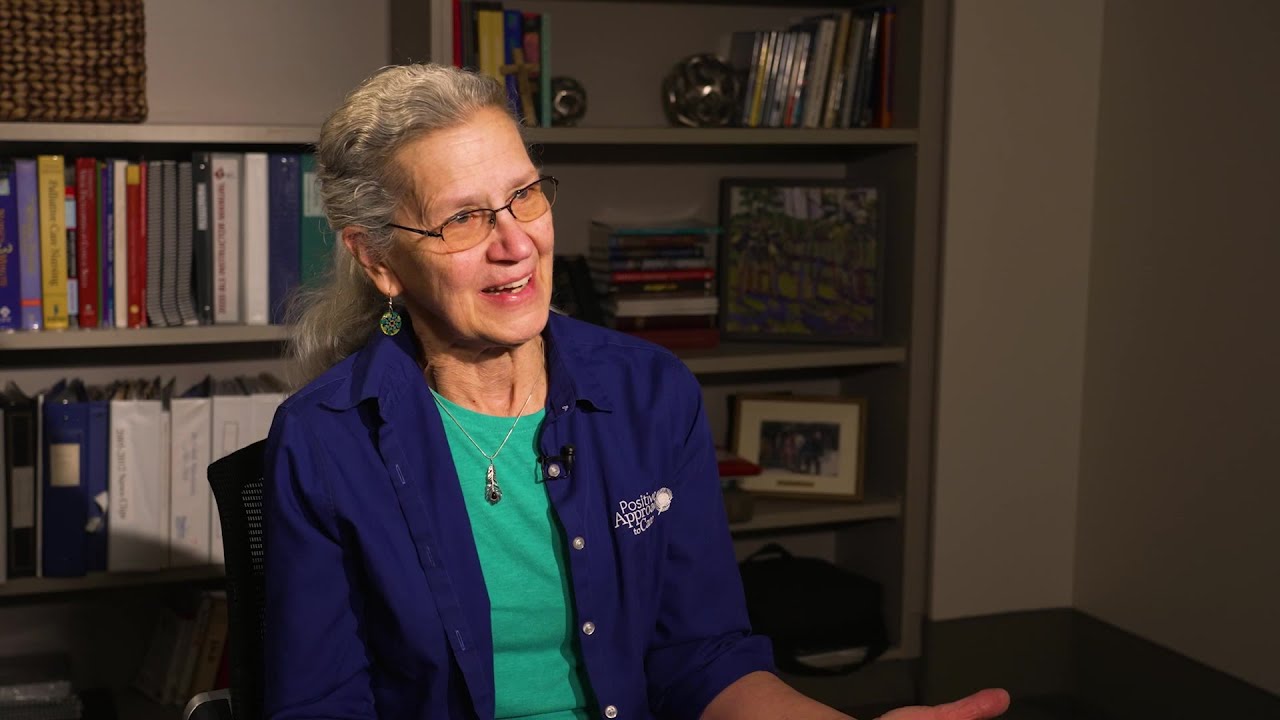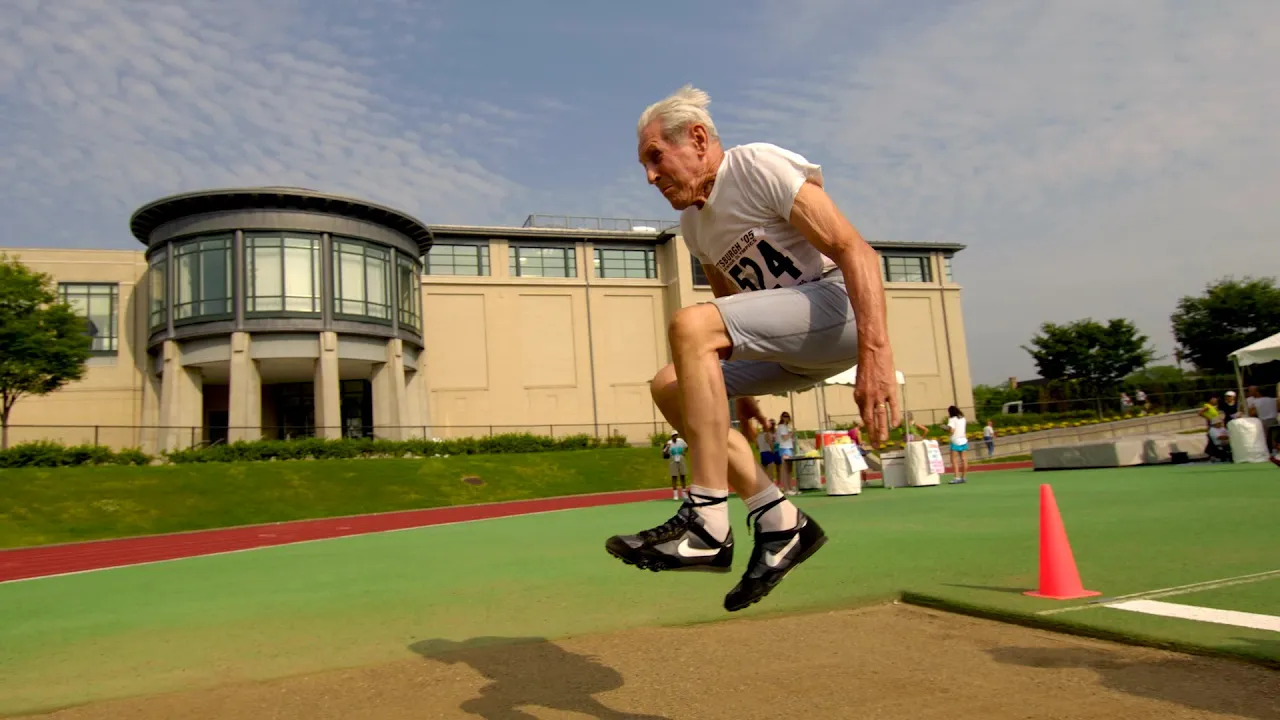Last Updated on April 3, 2025
The National PACE Association (Programs of All Inclusive Care for the Elderly) is changing lives across the country. They provide comprehensive care that revolves around helping you age in your community and not in a nursing home.
There is an oncoming age wave that will drastically impact the United States:
- 10,000 Americans are turning 65 every day
- 70% of those will likely need long-term care
- 37% of Americans needing long-term care have no retirement savings
- Healthcare costs are soaring
- The number of available nursing home beds is dwindling, while facilities are experiencing unprecedented staff shortages
- There is a widening care gap, with more elderly parents needing care but fewer adult children to provide it.
As these challenges continue to grow, PACE is a nonprofit that is working as part of the solution.
“PACE is care made simple,” their CEO Shawn Bloom told Growing Bolder. “We organize and deliver all needed primary, acute, long-term care services. In the middle of the PACE program is what’s called an interdisciplinary team, where we directly employ physicians, nurses, social workers, physical therapists, occupational therapists, home care professionals, transportation professionals, dietitians. Essentially, the full range of the type of individuals that provide the services that older adults often need when they grow older.”
Bloom also stresses the importance of PACE’s ability to assist in the aging process beyond traditional health care.
“There’s areas of the PACE Center for recreation, nutrition, physical therapy, medical clinics, a pharmacy. So it’s really the hub of care that extends out into the community, into individual’s homes.”

This nonprofit was added by Congress as a permanent Medicare benefit and an optional Medicaid state plan service option in 1997.
“If an individual chooses to elect in PACE, they will pay an out-of-pocket fixed amount each month, and that does not change based on their evolving needs,” Bloom says. “That may sound a little counterintuitive to people that are used to writing a check for every discrete service they use, but what it says to us is, we’ve got very strong incentives to really be proactive in identifying and addressing individuals’ existing and emerging healthcare needs, in a manner which can mitigate or altogether eliminate the need for nursing home care and hospital use.
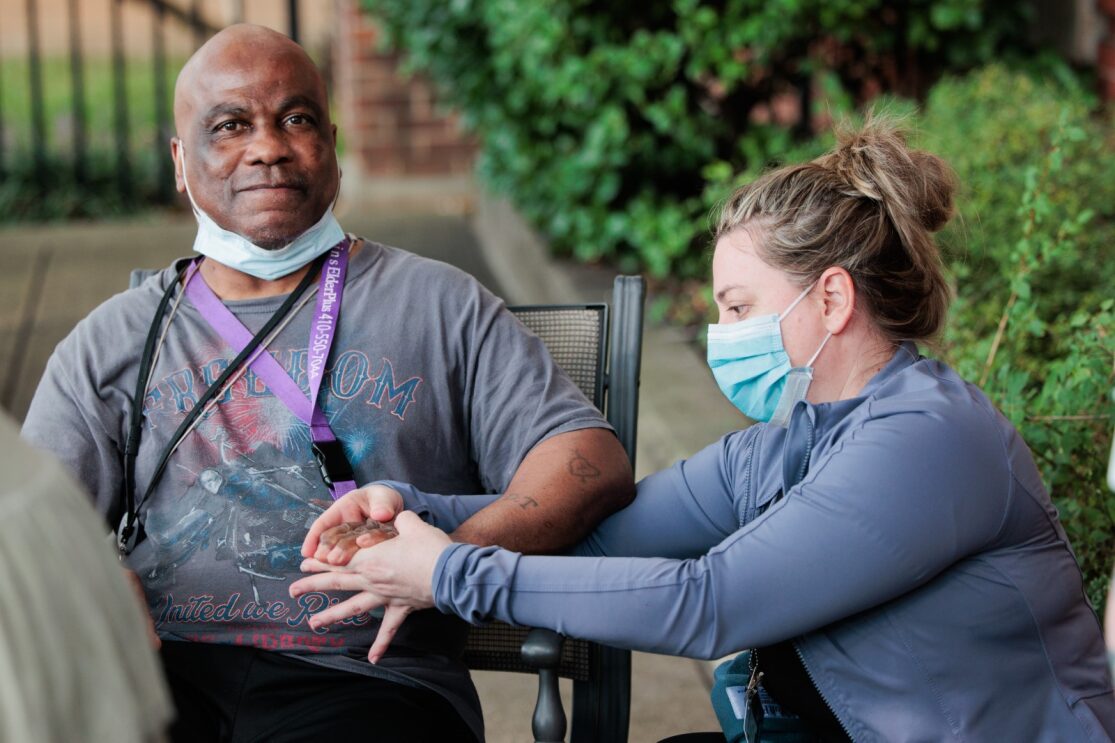
“It is in our best interest to be incentivized to make sure individuals’ health needs are addressed proactively, completely and consistently over time, so that they don’t end up in a hospital and don’t end up in a nursing home when we can just address those up front. We’ve got about 70,000 people today across the country that are receiving services from PACE, and only about 5% are permanently placed in a nursing home. So we’ve got a very good 20-year track record of delivering very good care, very high satisfaction and extraordinary support for caregivers of the individuals we serve.”
You can learn more about PACE and find a center nearest you by using the PACE finder on their website, npaonline.org.

